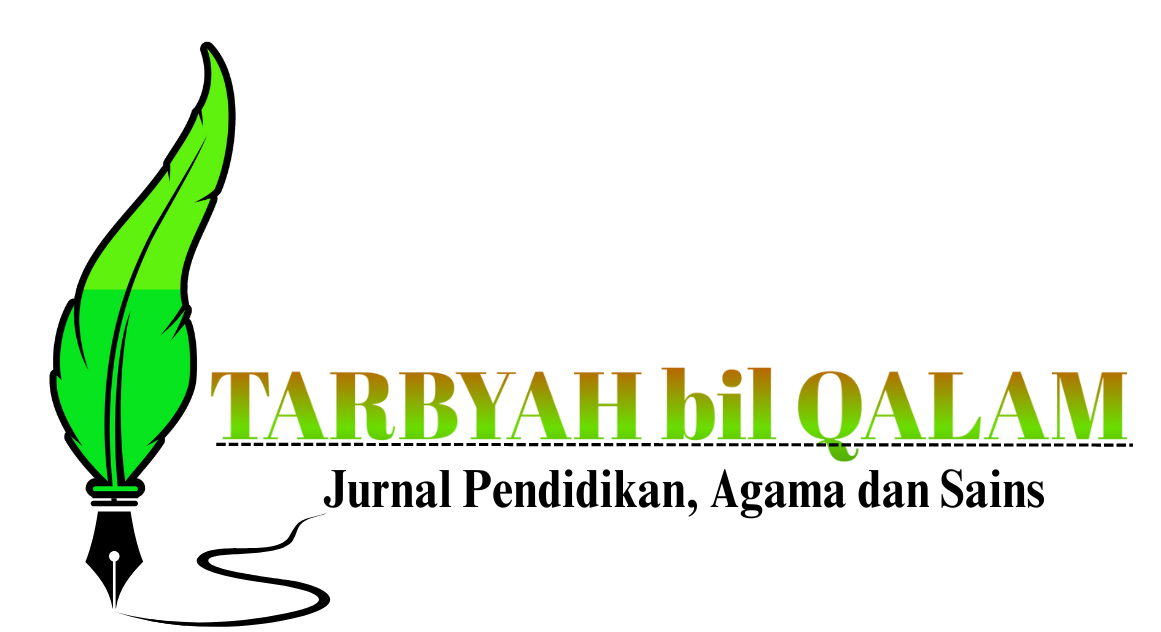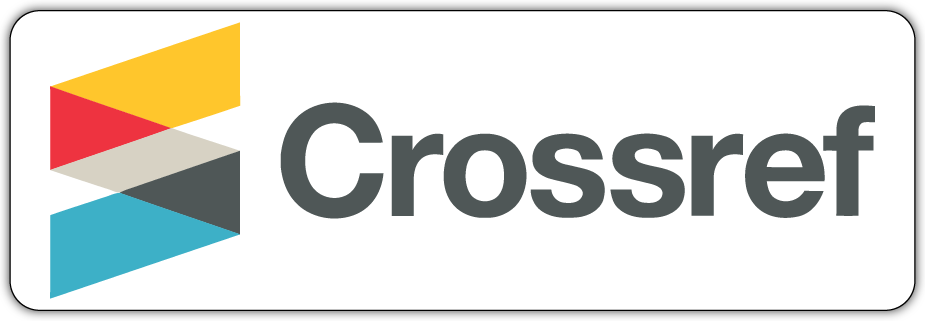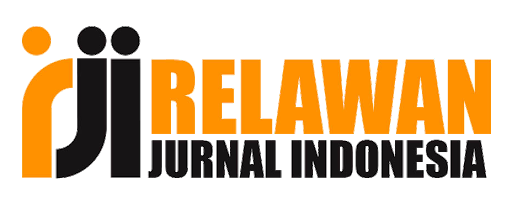Rekonstruksi Pemikiran Pendidikan Agama Islam Ibnu Sina: Implikasinya Terhadap Pembelajaran PAI Kontemporer
DOI:
https://doi.org/10.58822/tbq.v9i1.318Keywords:
Ibnu Sina, Pendidikan Islam, PAI, Kurikulum, Filsafat Pendidikan, Integrasi IlmuAbstract
Ibn Sina's educational thought offers an integrative paradigm between religious knowledge and rational knowledge as a solution to the dichotomy of knowledge that still occurs in contemporary Islamic education. This article examines Ibn Sina's educational concept and its implications for contemporary Islamic Religious Education (PAI) learning. Using the library study method, this research examines Ibn Sina's philosophical thoughts on the objectives of education, curriculum, the role of educators, teaching methods, and the stages of child development. Ibn Sina emphasized the importance of education tailored to the potential, interests, and gradual development of students, as well as the balanced formation of intellect, character, and skills. The curriculum structured based on an integrative and revelation-based approach becomes an important foundation in realizing holistic Islamic education. In the context of contemporary PAI learning, Ibn Sina's thoughts are relevant for building contextual, humanistic, and applicative learning, not only emphasizing cognitive aspects but also affective and psychomotor ones. The reconstruction of Ibn Sina's thought becomes a significant conceptual offer in the development of Islamic education that is adaptive to the challenges of the times.
References
Al-Attas, S. M. N. (1993). Islam and Secularism. Kuala Lumpur: International Institute of Islamic Thought and Civilization (ISTAC).
Al-Ghazali, M. (2000). The Revival of Religious Sciences (Ihya’ Ulum al-Din). Beirut: Dar al-Fikr.
Arifin, I. (2012). Filsafat Pendidikan Islam. Jakarta: Bumi Aksara.
Azra, A. (2012). Pendidikan Islam: Tradisi dan Modernisasi Menuju Milenium Baru. Jakarta: Kencana.
Bakar, O. (1997). Tawhid and Science: Essays on the History and Philosophy of Islamic Science. Shah Alam: Arah Publications.
Dhanapal, C. (2017). Islamic Educational Thought of Ibn Sina and its Relevance in Contemporary Era. International Journal of Academic Research, 4(2), 123–134.
Hujair, A. H. (2015). Pendidikan Islam dalam Perspektif Filsafat. Bandung: Remaja Rosdakarya.
Ibn Sina. (1958). Al-Shifa: The Book of Healing. Translated by Gutas, D. Oxford: Oxford University Press.
Ilyas, Y. (2019). Pemikiran Pendidikan Ibnu Sina dan Relevansinya terhadap Pendidikan Modern. Jurnal Pendidikan Islam, 10(1), 85–101.
Majid, A. (2017). Pendidikan Islam Transformatif. Yogyakarta: LKiS.
Muhamad Amran, & Faisal. (2024). Filsafat Agama dan An-Nafs. Zeniusi Journal, 1(1). https://doi.org/10.70821/zj.v1i1.2
Nasr, S. H. (2006). Science and Civilization in Islam. Cambridge: Harvard University Press.
Rosenthal, F. (1970). Knowledge Triumphant: The Concept of Knowledge in Medieval Islam. Leiden: Brill.
Sardar, Z. (1998). Islam, Postmodernism and Other Futures: A Ziauddin Sardar Reader. London: Pluto Press.
Syed, M. N. (2001). The Concept of Education in Islam: A Framework for an Islamic Philosophy of Education. Kuala Lumpur: ISTAC.
Zarkasyi, H. F. (2015). Pendidikan Islam dalam Wacana Kontemporer. Jakarta: RajaGrafindo Persada.
Downloads
Published
How to Cite
Issue
Section
License
Copyright (c) 2025 Dewi Kirana

This work is licensed under a Creative Commons Attribution-NonCommercial-ShareAlike 4.0 International License.
Sekolah Tinggi Ilmu Tarbiyah Al-Bukhary Labuhanbatu by Tarbiyah bil Qalam is licensed under Creative Commons Attribution-NonCommercial-ShareAlike 4.0 International





















